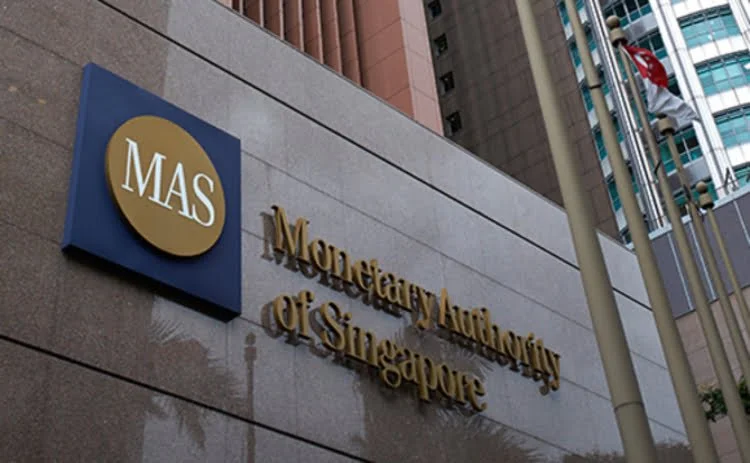Singapore is trying to stiffen its position on cryptocurrency as the Monetary Authority of Singapore (MAS) has zero-tolerance for bad market behavior.

Singapore, long seen as a tax haven for cryptocurrencies, has chosen to toughen its position on the trading of digital assets. The Monetary Authority of Singapore (MAS) intends to take a harsh stance.
According to a report, MAS CFO Sopnendu Mohanty inquired about the value of personal cryptos. Meanwhile, he stated that a state-backed digital token would be launched within three years.
Mohanty brought up the fact that numerous cryptocurrencies have labeled the authority as unfriendly. He stated that his response was, “Friendly for what?” For a real economy or some fictitious economy.
According to the CFO, they have zero tolerance for bad market behavior. If someone has done something wrong, we are severe and unforgiving.
This announcement comes amid the continued downfall of the global cryptocurrency market. The market has been shaken by the recent record decline of Terra’s native token LUNA and Stablecoin UST. Previously, cryptocurrency exchanges such as Bybit and Binance avoided the country as the authorities issued more explicit and rigorous recommendations.
However, another digital asset market, Crypto.com, has acquired a preliminary license to operate in Singapore. Crypto businesses including Genesis and Sparrow have also received licenses to operate in the country.
Meanwhile, Mohanty has targeted South Korean prosecutors in his pursuit of Terraform Labs, which is now based in Singapore. The meltdown caused a $40 billion shortfall in the cryptocurrency market overnight. Recently, Three Arrows Capital, a hedge fund capital, incurred a massive loss after failing to meet margin calls.
The Singaporean authorities’ stance appears to have shifted as a result of the crypto downturns. Officer went on to say that “the globe at large is losing in private cash, resulting in the recent market turbulence.”
“According to the report, the nation has enforced a “painfully slow” and “extremely draconian due diligence process” for licensing crypto companies.”
